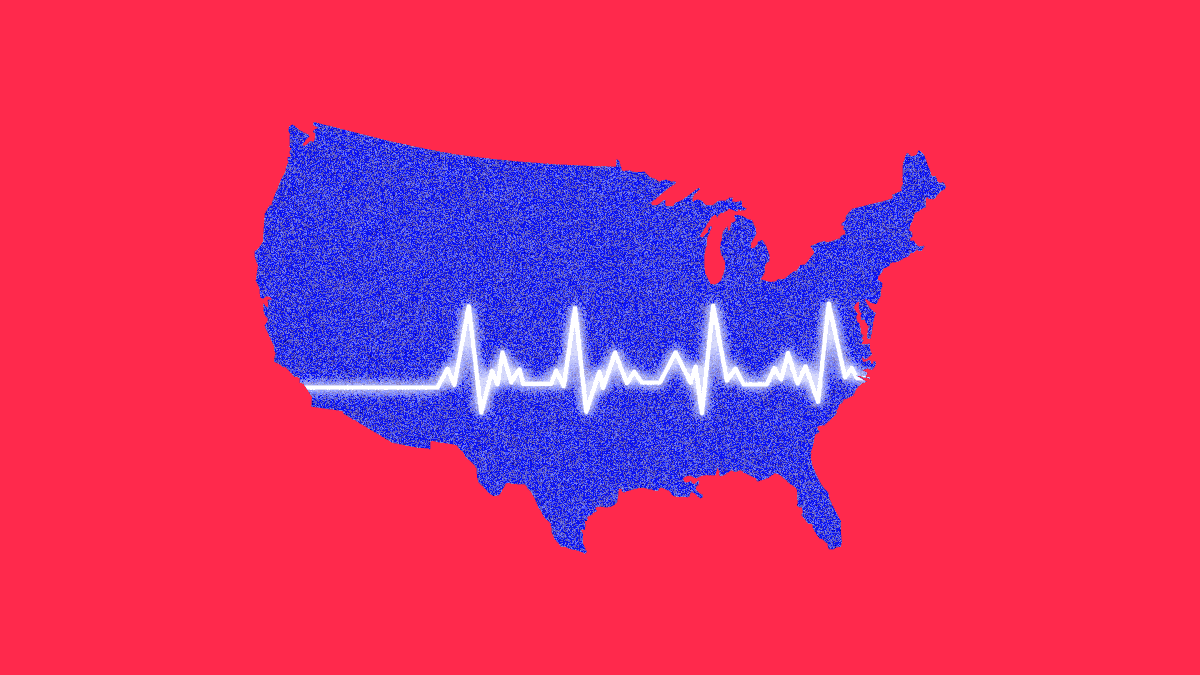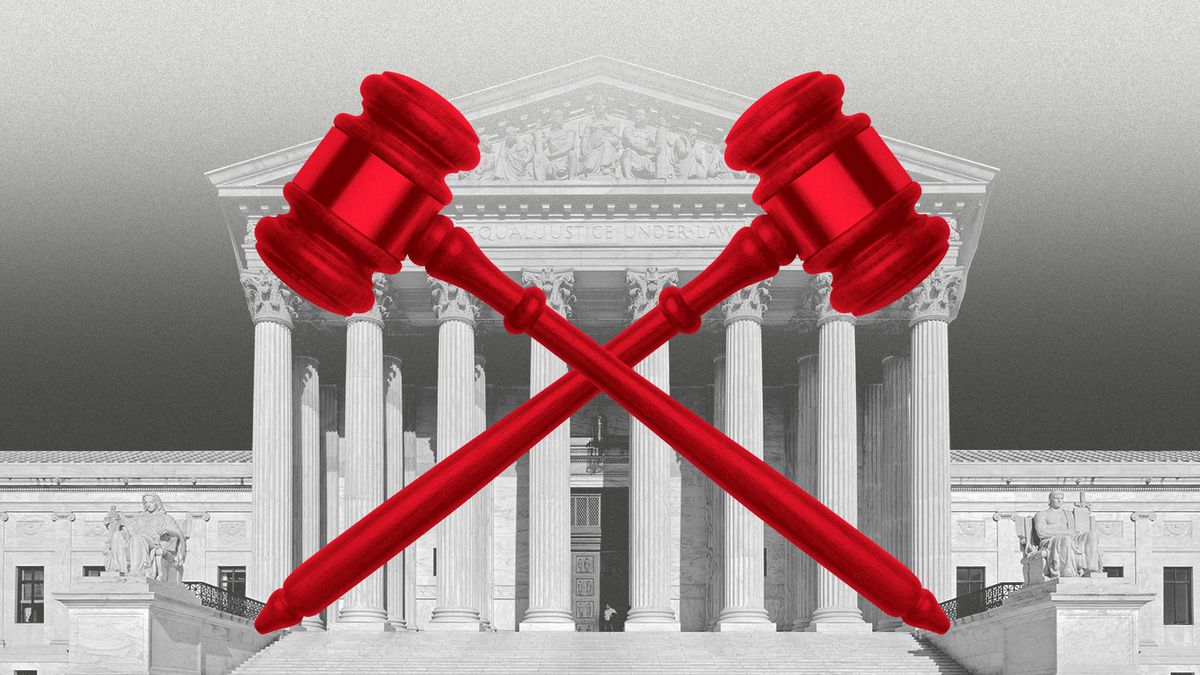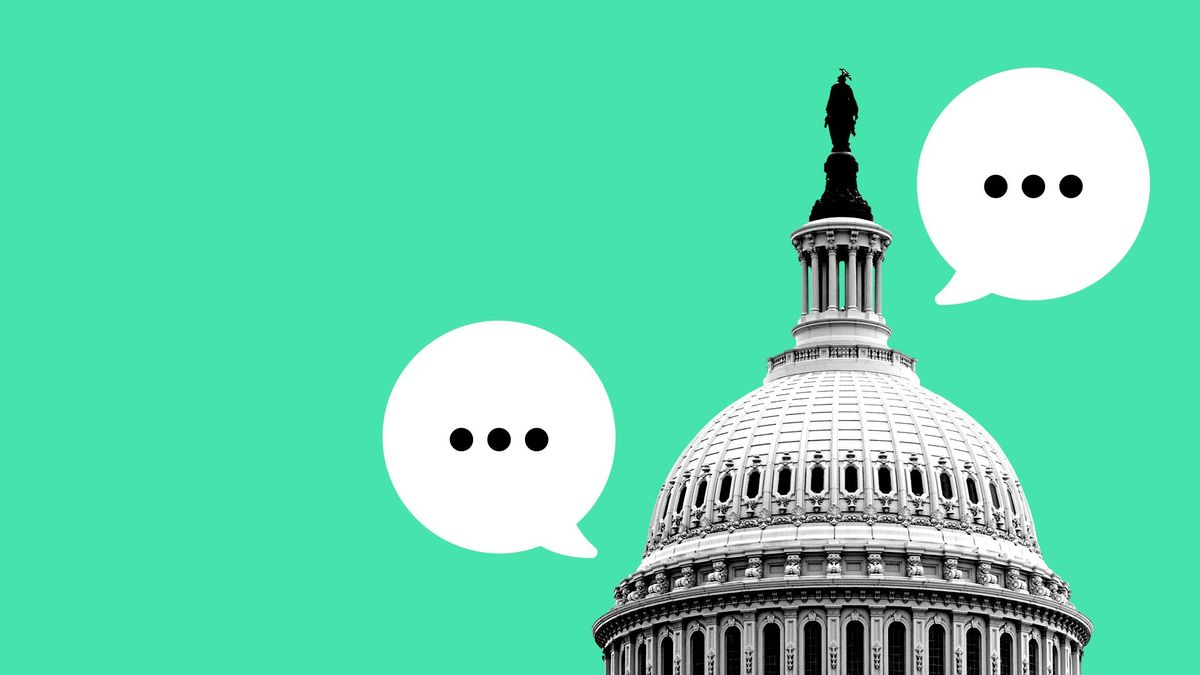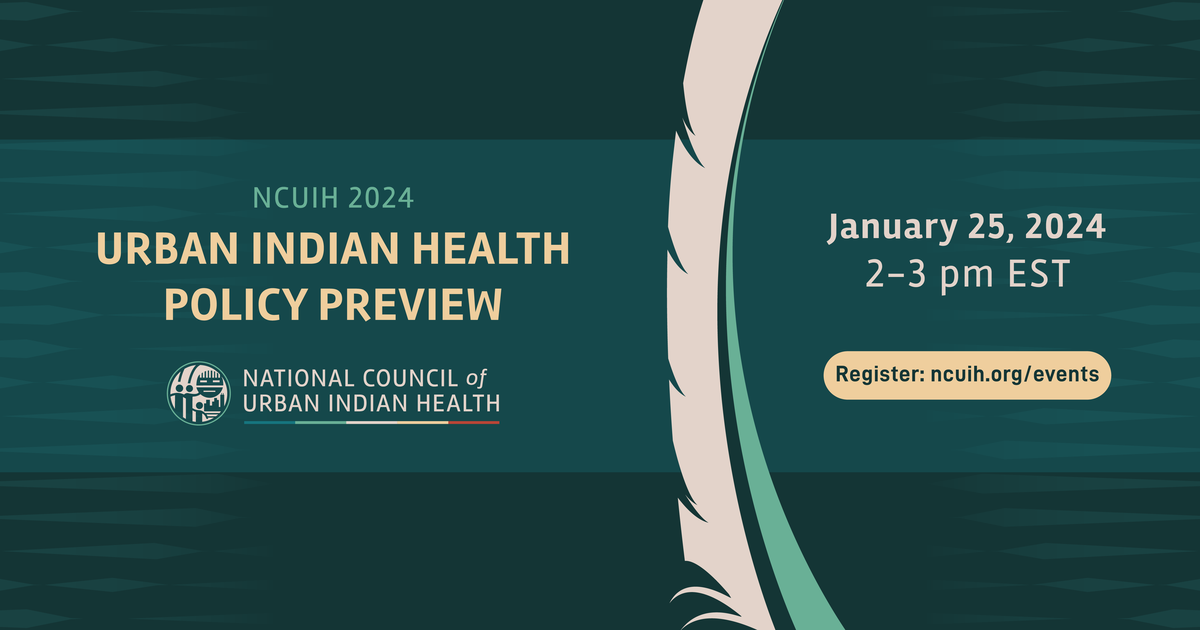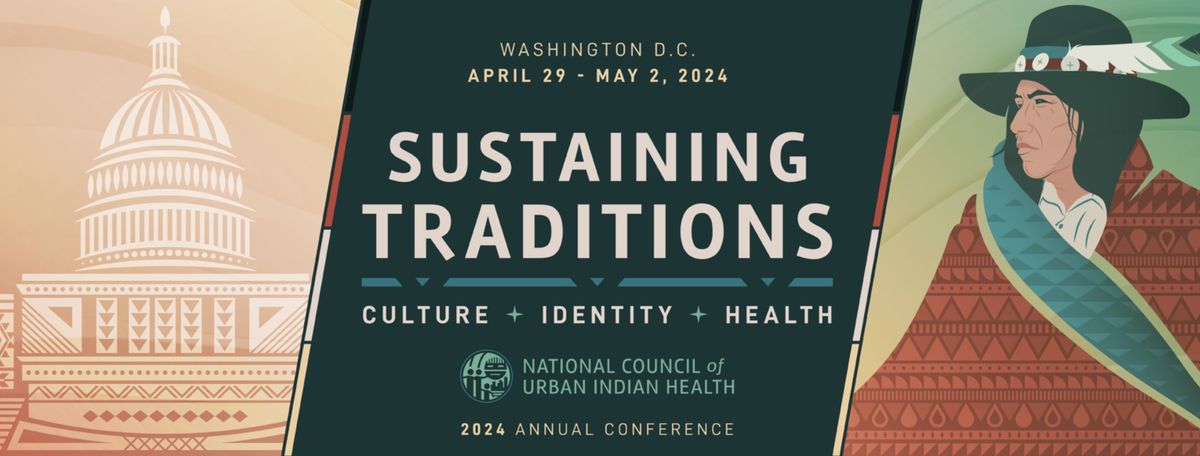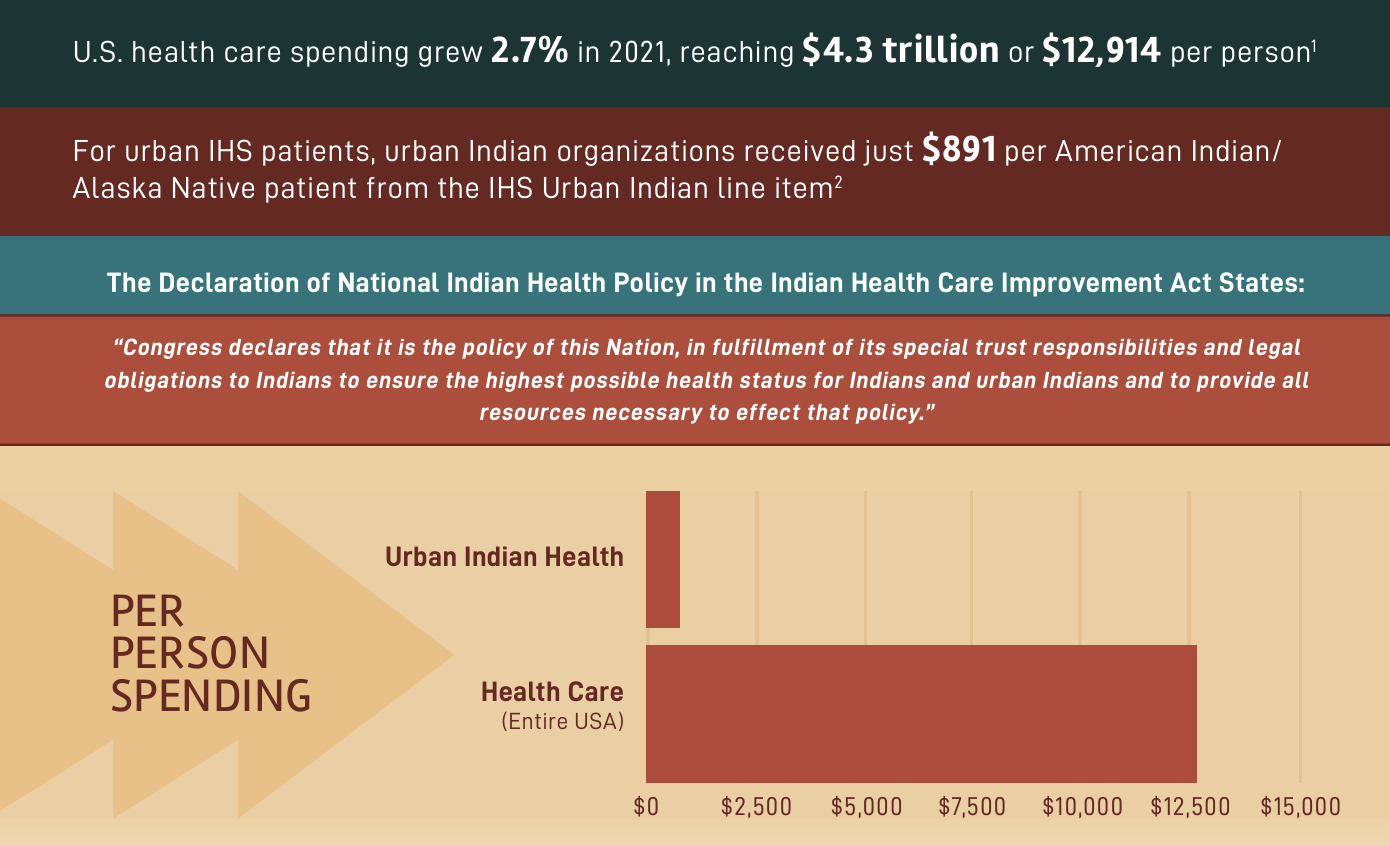On December 11, 2023, the House passed the Lower Costs, More Transparency Act (H.R. 5378) with a vote of 320-71. The bill has now been received in the Senate. The original sponsor, Rep. Cathy McMorris Rodger (R-WA-05) introduced this bipartisan legislation on September 8, 2023, which would extend funding for the Special Diabetes Program and the Special Diabetes Program for Indians (SDPI) through 2025, including $124.4 million for the rest of fiscal year (FY) 2024 and $170 million in FY 2025 for each program, plus $42.8 million for the remainder of calendar year 2025 for each program. The bill’s reauthorization of SDPI would allow for urban Indian organizations (UIOs) to continue to use grant funding to offer a wide range of diabetes treatment and prevention services, including but not limited to exercise programs and physical activity, nutrition services, community gardens, culinary education, physical education, health and wellness fairs, culturally relevant nutrition assistance, food sovereignty education, group exercise activities, green spaces, and youth and elder-focused activities. Under the FY 2024 Continuing Resolution (CR), SDPI is set to expire January 19, 2024, making this legislation even more crucial to avoid lapses in critical diabetes research and care funding.
Specifically, the bill increases transparency to the health care system and extends important public health legislation by:
- A 13 percent increase in funding for both the Special Diabetes Program (SDP) and the Special Diabetes Program for Indians (SDPI), to $170 million each year for fiscal years 2024 and 2025
- Codifying the Hospital Price Transparency rule and the Transparency in Coverage rule, which requires hospitals to make public all standard charges for all items and services, and requires insurers to make public their negotiated in-network provider rates for all items and services
- Extending these price transparency requirements to other providers and services, including labs, imaging providers, and ambulatory surgical centers
- A 10 percent increase in mandatory funding for Community Health Centers (CHCs)
- A 13 percent increase in funding for the National Health Service Corps (NHSC)
- A seven-year reauthorization for the Teaching Health Centers Graduate Medical Education (THCGME) program
- Lowering health care costs and reducing seniors’ cost-sharing by ensuring that Medicare beneficiaries are not paying more for drug administration if a drug is administered in a hospital outpatient department instead of a physician’s office
- Prohibiting the use of “spread pricing,” or markups charged by PBMs, for prescription drugs in Medicaid, and including provisions to help ensure that Medicaid payments to pharmacies are adequate and accurate
- Increasing access to affordable generic drugs by requiring the Food and Drug Administration to provide more information to generic drug manufacturers during the development process, speeding their path to market and increasing competition.
This bill is endorsed by The Alliance to Fight for Health Care, Better Solutions for Healthcare, Families USA, The Leukemia & Lymphoma Society, the National Association of Community Health Centers, the American Association of Teaching Health Centers, the American Association of Colleges of Osteopathic Medicine, the American Academy of Family Physicians, Advocates for Community Health, AARP, American Benefits Council, Small Business Majority, the National Alliance of Healthcare Purchaser Coalitions, the Purchaser Business Group on Health (PBGH), The ERISA Industry Committee, EmployersRx, Consumers First, Consumers for Fair Hospital Pricing, and United States of Care, and more.
Need for a Crucial Investment in SDPI
SDPI is set to expire on January 19, 2024, with first funding deadline for the current FY 2024 Continuing Resolution. SDPI’s integrated approach to diabetes healthcare and prevention programs in Indian country has become a resounding success and is one of the most successful public health programs ever implemented. SDPI has demonstrated success with a 50% reduction in diabetic eye disease rates, drops in diabetic kidney failure, and 50% decline in End Stage Renal Disease. Additionally, the reduction in end stage renal disease between 2006 and 2015 led to an estimated $439.5 million dollars in accumulated savings to the Medicare program, 40% of which, of $174 million, can be attributed to SDPI.
Currently, 31 UIOs are in this program and are at the forefront of diabetes care. Facilities use these funds to offer a wide range of diabetes treatment and prevention services, including but not limited to exercise programs and physical activity, nutrition services, community gardens, culinary education, physical education, health and wellness fairs, culturally relevant nutrition assistance, food sovereignty education, group exercise activities, green spaces, and youth and elder-focused activities.
SDPI has been funded at $150 million since 2004, despite significant inflation and increases in healthcare expenditures over the past twenty years. With the program set to expire in January 2024, the permanent reauthorization of SDPI at a minimum of $170 million requested in the President’s FY 2024 budget with automatic annual funding increases tied to the rate of medical inflation is essential to continue the success of preventing diabetes-related illnesses for all of Indian Country.
NCUIH Advocacy
The National Council of Urban Indian Health (NCUIH) has long supported the permanent reauthorization of SDPI and will continue to advocate for the UIOs’ requested amount of $250,000,000. On September 12, 2023, the National Indian Health Board (NIHB), the NCUIH, and 15 other Tribal partners sent a letter to House and Senate leadership requesting the reauthorization of the SDPI and brought for consideration for a floor vote by the time the program expired, on September 30, 2023. On September 14, 2023, NCUIH also released an action alert regarding SDPI to assist Indian Health Advocates in contacting congress about the potential lapse in SDPI funding.
Next Steps
This bill has been received in the Senate. NCUIH will continue to monitor the bill’s progress.



